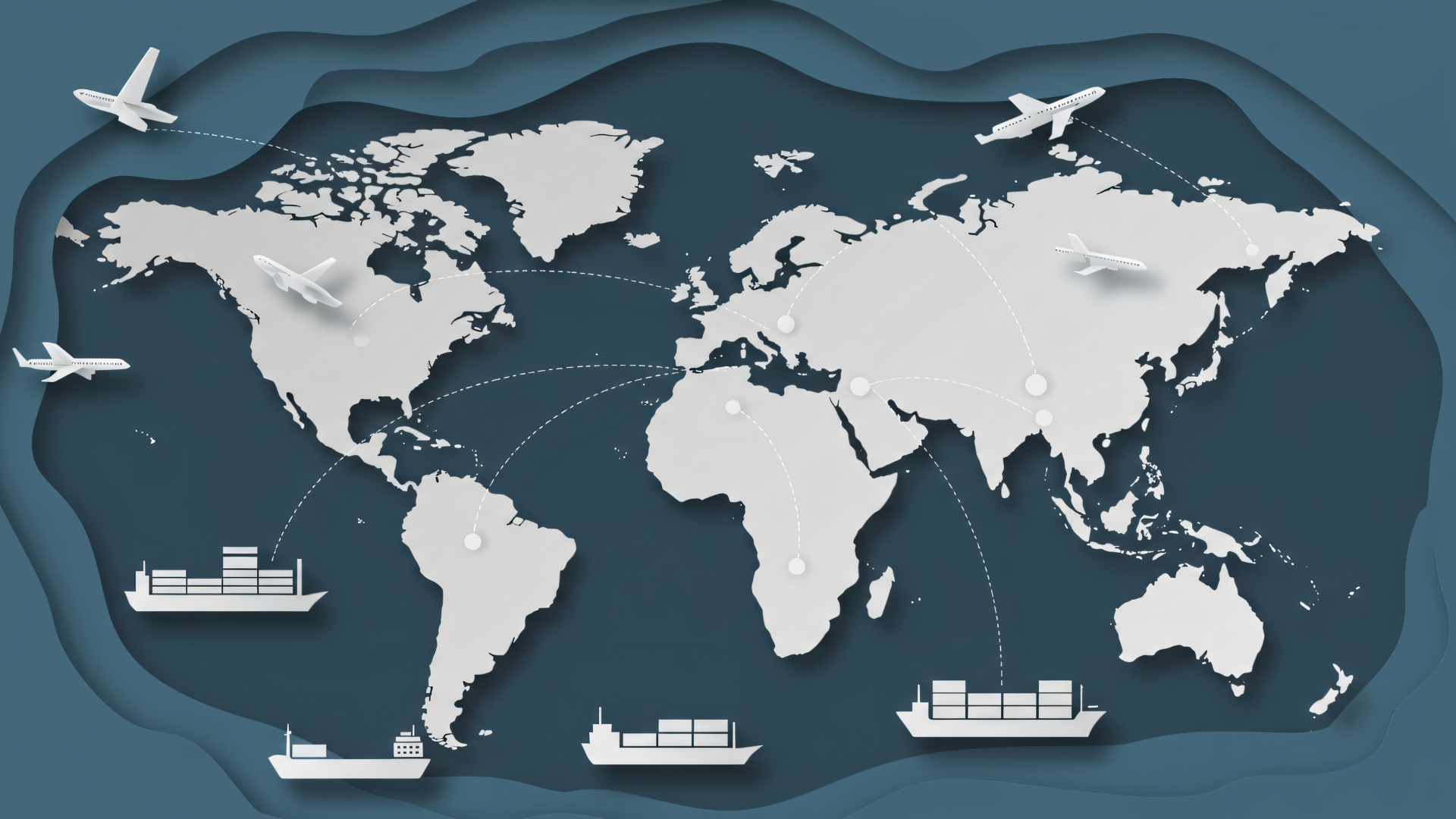AI in Route Planning Explained: What Businesses Should Really Expect

Artificial Intelligence has become the new favorite word in logistics. Every tool promises “AI-powered optimization” and “smart automation.”
But behind all the talk, many business owners are left asking the same question:
What does AI in route planning actually do, and is it worth it?
At Rydi, we’ve seen both sides of the story. We work closely with delivery teams who want efficiency, not empty promises.
So let’s look at what’s real, what’s exaggerated, and how AI is quietly reshaping how deliveries happen.
AI That Works: Learning from Real Data
The best AI doesn’t try to reinvent logistics; it learns from it.
Real route optimization uses machine learning to analyze patterns in past deliveries: traffic flow, driver behavior, delivery times, and even weather conditions.
By recognizing these patterns, the system can plan smarter routes automatically.
In simple terms:
AI learns what worked yesterday to make tomorrow faster.
That’s what makes Rydi stand out. It doesn’t rely on random algorithms; it learns how your business operates and adapts accordingly, helping you save both time and fuel with every route.
Beyond Maps: What AI Adds to the Process
If Google Maps helps you get there, AI route planning helps you get there better.
While traditional navigation tools suggest the shortest path, AI-powered systems take the bigger picture into account, including multiple stops, time windows, vehicle types, and real-world obstacles.
For example, if one driver tends to finish routes quicker or a certain road slows down deliveries during peak hours, AI will account for that automatically the next time.
It’s optimization that grows smarter with every delivery.
Where the Hype Comes In
Not every product that claims to use AI actually does.
Many tools run on fixed algorithms that haven’t changed in years, good for simple navigation, but not real intelligence.
They don’t adapt to your patterns or learn from outcomes; they just calculate.
That’s why it’s important to look past marketing buzzwords and ask practical questions:
- Does it learn from my data?
- Does it adjust based on previous results?
- Can it optimize multiple routes, drivers, or delivery types?
If the answer is “no,” it’s probably automation, not AI.
Smarter Decisions, Not Just Shorter Routes
True AI in logistics goes beyond just finding the fastest path.
It helps managers make better decisions by providing insight into driver performance, vehicle usage, and delivery timing.
Rydi uses these insights to help businesses spot bottlenecks and improve operations without needing a data analyst on the team.
It’s about visibility, not complexity, clear data that makes sense at a glance.
The Hidden Benefit: Affordability Without Compromise
Most advanced route planning platforms are built for large enterprises, with prices that match.
Rydi was designed differently to give small and medium-sized businesses access to smart automation without high costs.
You don’t need a full IT department to use it, just a need for better routes and a desire to run operations efficiently.
What to Expect from AI in Route Planning
AI won’t replace drivers, dispatchers, or planners.
But it will make their work easier, faster, and more accurate.
As technology evolves, more deliveries will be completed on time, fuel use will drop, and routes will adjust dynamically, all thanks to data that keeps learning.
That’s the future we’re building with Rydi, where smart logistics doesn’t require a big budget, just the right technology.
Ready to plan smarter routes?
Learn more about how Rydi can simplify delivery management at rydi.net.